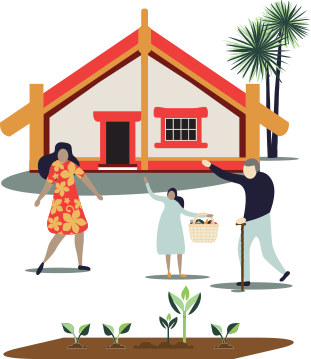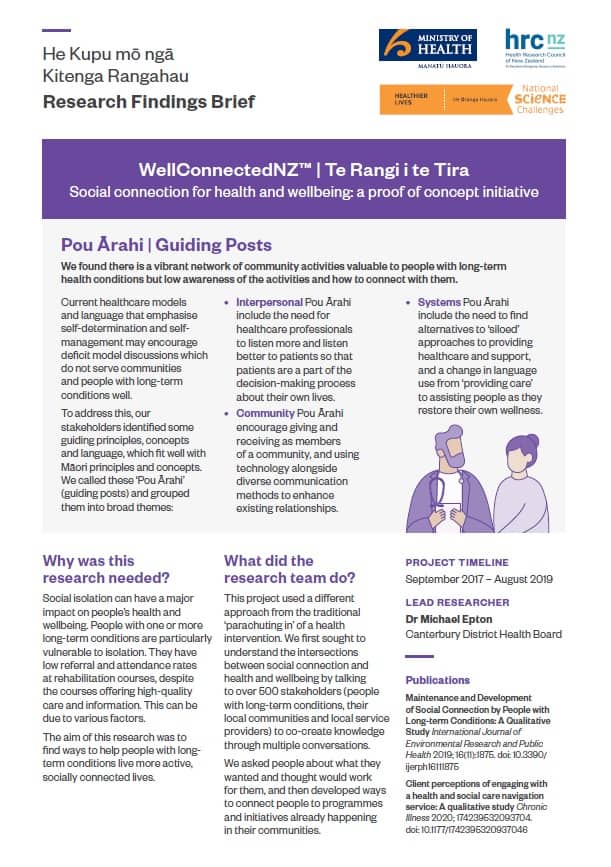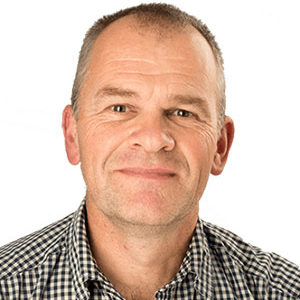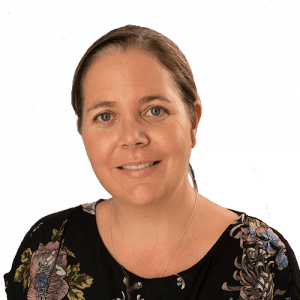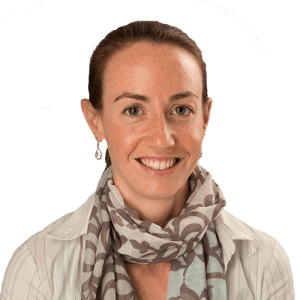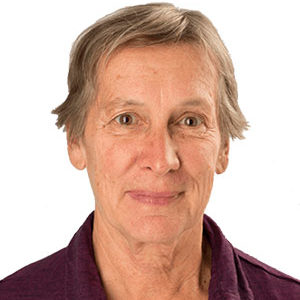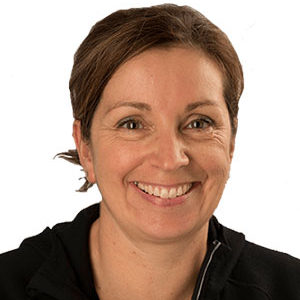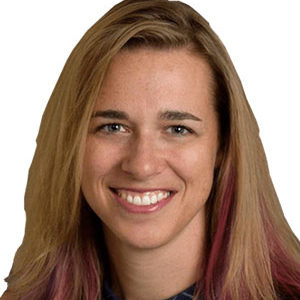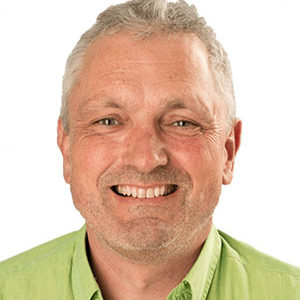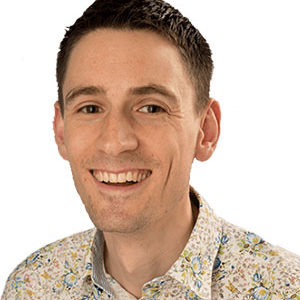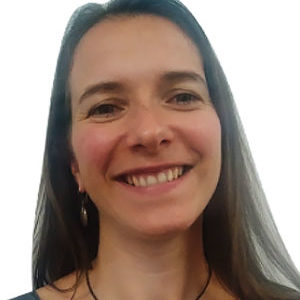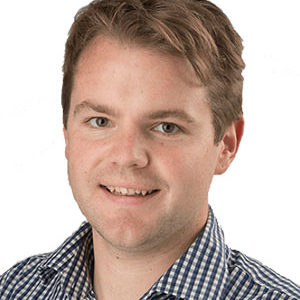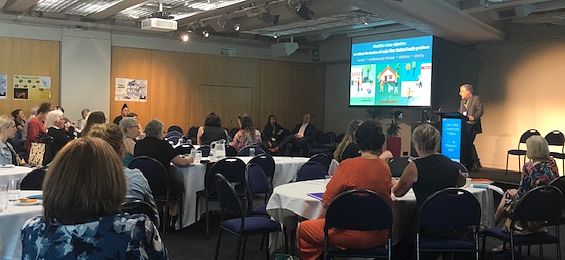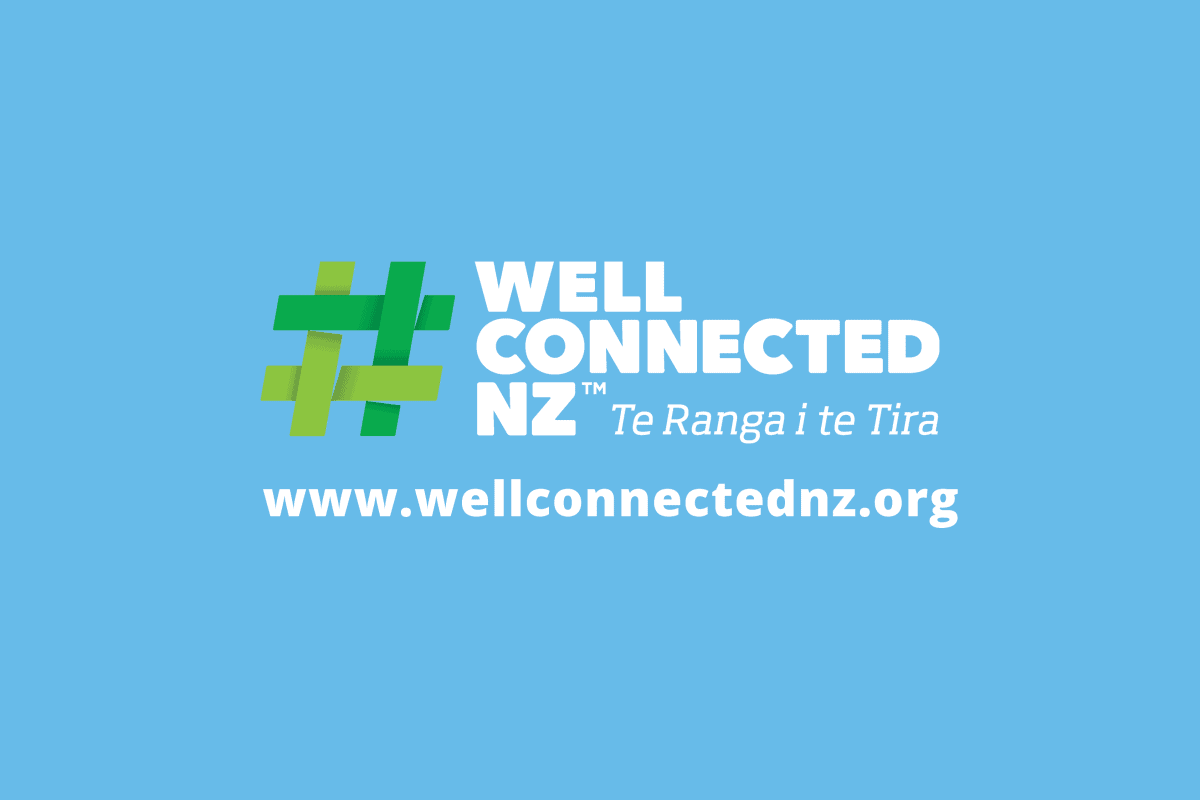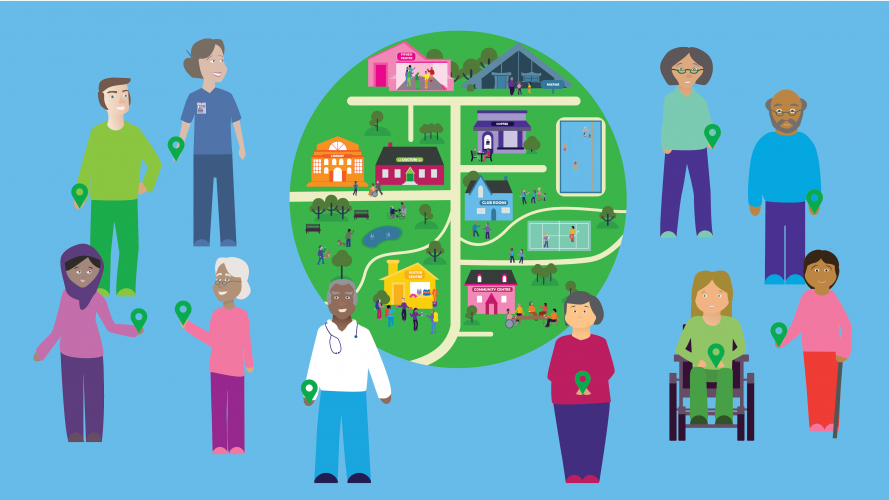HE AHA TĀ MĀTOU I TŪHURA AI
What we investigated

Co-Funding
NGA PUTANGA ME TE PĀNGA
Outcomes and Impact
View the website for this project
Whakawhiti Mōhiotanga
Knowledge Exchange
WellConnectedNZ
Research Findings Brief
Social isolation can have a major impact on people’s health and wellbeing. People with one or more long-term conditions are particularly vulnerable to isolation. They have low referral and attendance rates at rehabilitation courses, despite the courses offering high-quality care and information. This can be due to various factors.
The aim of this research was to find ways to help people with long-term conditions live more active, socially connected lives.
